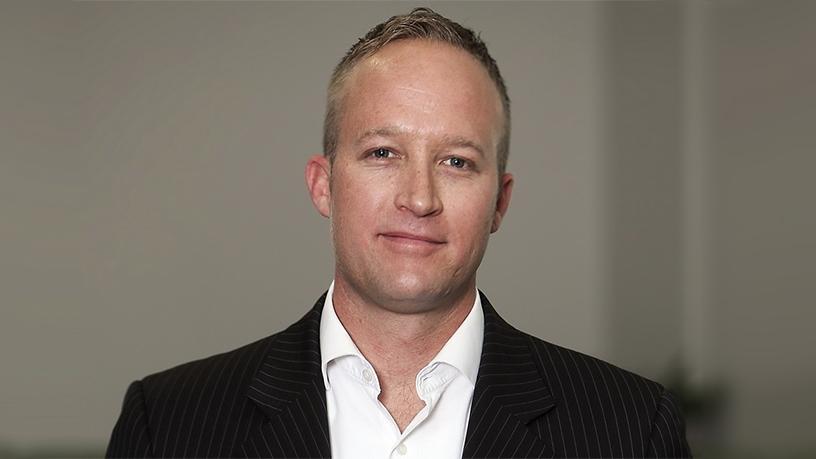
Seacom Business, considered a late entrant into SA's tightly contested fibre market, is making some structural changes to the company.
This was revealed by Grant Parker, general manager of Seacom Business, in an interview with ITWeb.
"We are currently looking into some structural changes that will line up with our current segmentation of the Seacom Business client base," he said.
"Seacom is looking to create efficiencies and focus resources within our business to drive customer experience. There are currently a number of initiatives under way from a systems and automation perspective."
The South African market is spoilt for choice in terms of the number of fibre operators. Some of the big names include Openserve, Vumatel, FibreCo, MTN, MetroFibre, Liquid Telecom and DFA.
MacroLan boost
Seacom says it has grown to almost 3 000 customers as it includes the acquisition of MacroLan last year. Cape Town-based Internet service provider (ISP) and managed services provider MacroLan became Seacom's Cape Town regional office and will lead the company's expansion in the Western Cape market for fibre Internet access to business-customer premises.
"This has been a meteoric rise, considering we didn't have a single customer or reseller when we launched in January 2015. Not only in SA, but in Kenya too, Seacom is making great strides in that market and gaining traction," Parker said.
The Seacom Business division was created to go directly after enterprise (both private and public sector) customers as well as create a reseller or agent side of the business, he noted.
"Previously, only service providers could buy wholesale capacity from us but now we can go straight to corporates."
Parker noted Seacom has laid its own fibre in the south of Johannesburg. "This was our first self-build. The area is doing well, and we have seen great uptake from corporates, SMEs and partners.
"With the acquisition of MacroLan, Seacom gained access to over 50 multi-tenant buildings, mainly in the Cape. Seacom is also currently looking into future self-builds, which is ongoing. We also acquired Photon, which gives us access to several buildings in the Sandton area. Apart from these, Seacom is agnostic when it comes to last mile on fibre and wireless. We have a number of suppliers to use when connecting to our customers."
According to Parker, Seacom is looking to make some acquisitions to boost its fibre network. "We are in a number of discussions with various parties. These discussions vary from exploratory, initial to ongoing, and potentially finalising. Seacom is looking to grow organically, as well as through acquisitions that make sense and are aligned with our strategy."
On the challenges, he pointed out that Seacom is dealing with the standard issues that most others are facing now: the delivery period and complexities around getting customers connected.
"It really may be time that we, as an industry, sit and discuss more open access or infrastructure sharing. Our business is also gearing up to make sure we can handle the volume of orders we are receiving currently. However, that is a good problem to have in today's economy."
Aggressive deployments
Commenting on the local fibre market, Derrick Chikanga, research analyst for telecoms, media and IOT, Africa at IDC, says the fibre market is in the infrastructure build stage, with most providers aggressively deploying fibre infrastructure.
According to Chikanga, key infrastructure providers include Openserve, Vumatel, MTN and Vodacom. "There are also a couple of regional fibre infrastructure providers such as Frogfoot, Octotel, Mitsol and others. On the retail side, some of the key ISPs include Telkom, Mweb, Afrihost, Vodacom and MTN," he notes.
Traditionally, Chikanga says, Seacom has focused on the undersea cable business. "However, lately they have moved into the consumer segment through the acquisition of MacroLan. Further, they have also considered offering connectivity services to enterprises in the business segment.
"However, deploying last mile fibre connectivity is an expensive and slow undertaking, particularly if Seacom is going to rely on its own network infrastructure and funding. If they are going to leverage other existing network providers or engage in infrastructure sharing, then they might be able to compete effectively."
He points out that competition remains stiff in the business connectivity segment, particularly from key players such as Telkom, Internet Solutions, Liquid Telecom, Vodacom and MTN.
"The fibre market is highly competitive with a number of infrastructure providers and numerous ISPs. However, due to the capital-intensive nature of the business, we strongly believe the market will eventually consolidate, leading to the emergence of three or four major players."
Share